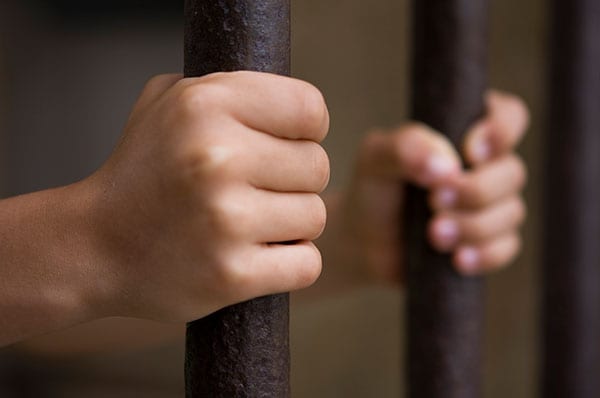
If your child’s other parent was in prison and has now been paroled you may believe that you have a slam dunk case for sole custody. This may or may not be true- it depends on the crime that the other parent committed and the present circumstances. Extremely violent crimes, like murder, usually result in a life sentence, and therefore, the non-offending parent typically becomes the de facto sole custodian.
Serious criminals are not usually allowed to have in person contact with anyone on the outside, so visitation is not an option. In cases where one parent has been convicted of domestic violence, there is a legal presumption in Nevada that the parent is unfit and therefore, should not be deemed a custodial parent. This typically means that the offending parent will not be a primary or joint physical custodian. However, that parent may still be awarded visitation with the child so long as the domestic violence was not directed at the child. Non-violent crimes, like DUI or drug offenses, which may carry a hefty prison sentence, do not necessarily result in a loss of custody rights.
An offending parent may be able to prove to the court that they are a good parent despite their crimes. That parent will have to show that they are willing to participate in the court’s reunification requirements and that the child is not at risk of harm while in their care. A parent that keeps regular contact with the child and takes steps to jump through the legal hoops may end up with a frequent visitation schedule.
The non-offending parent that has taken care of the child during the other parent’s incarceration may find this result nonsensical and unfair. That parent should remember, however, that they have a legal obligation as a primary custodian to facilitate a relationship between the child and the non-custodial parent.
Taking an obstructionist position in an attempt to “protect” the child from the other parent may backfire. Remember that the child has a right to a meaningful relationship with both of his parents. A parent that has made mistakes but assumes responsibility for those mistakes and has actively taken steps to correct their errors in judgment, should be treated fairly in a custody case.
Jessica H. Anderson
Family Law Attorney Reno, NV
